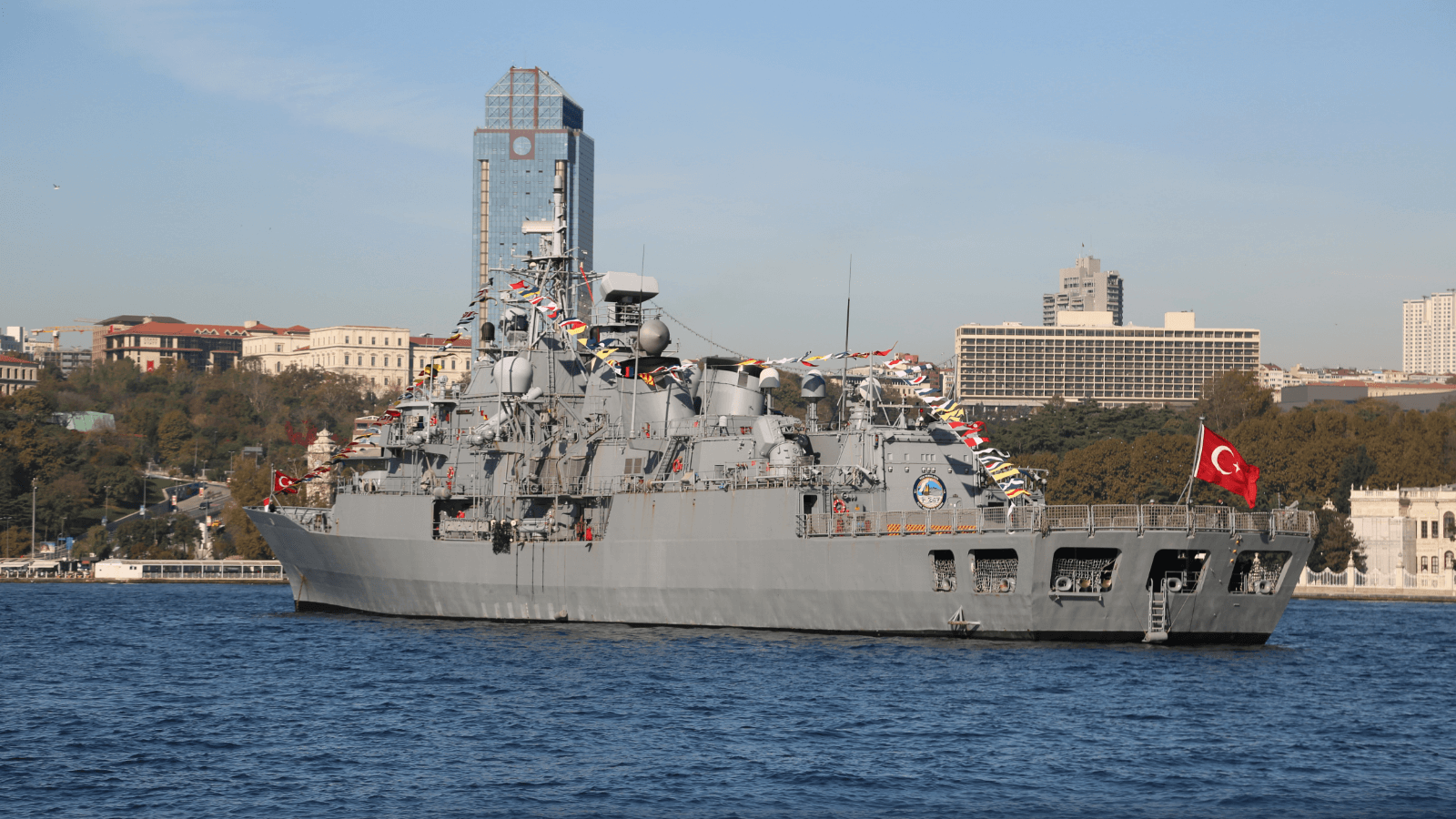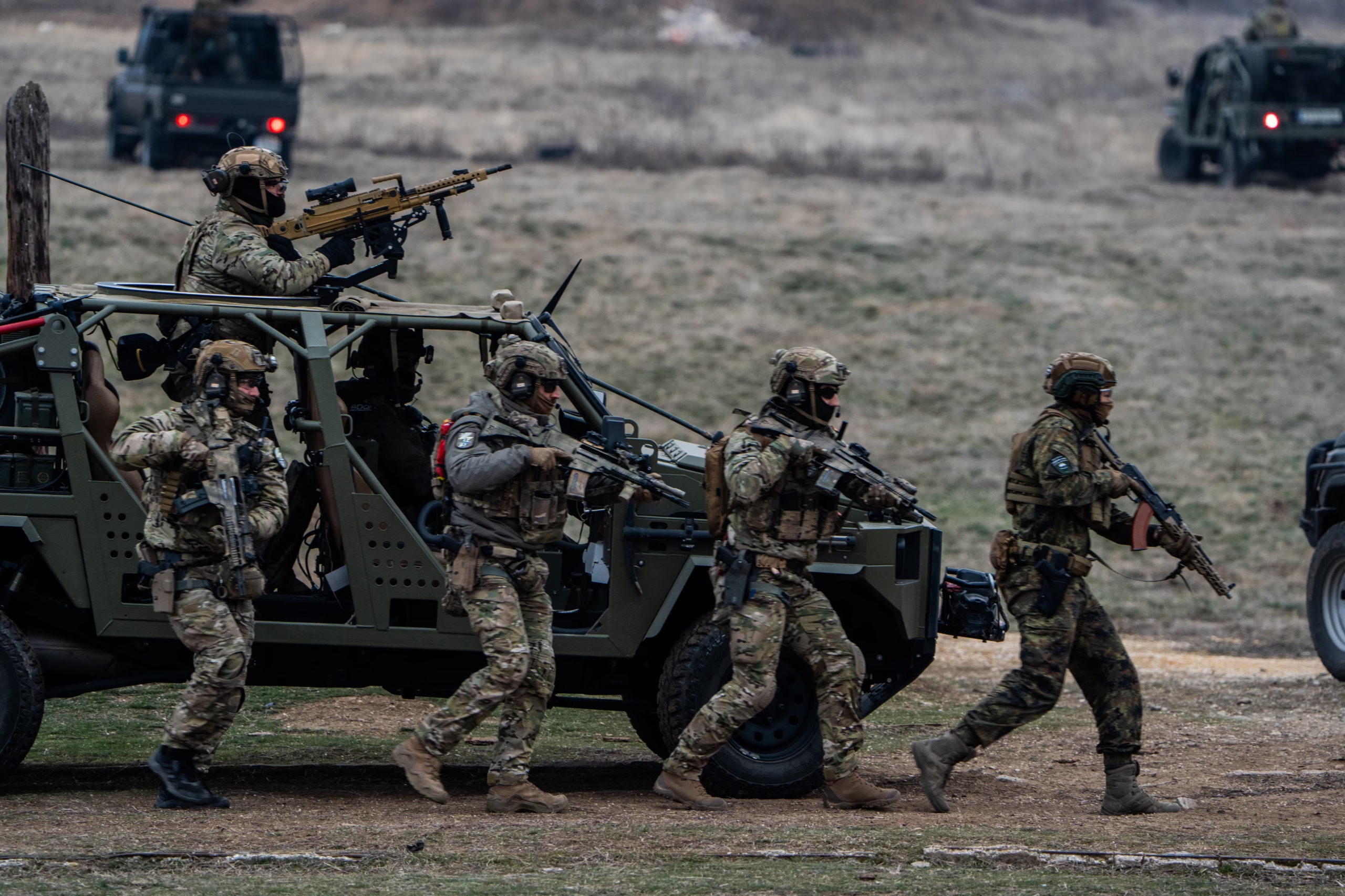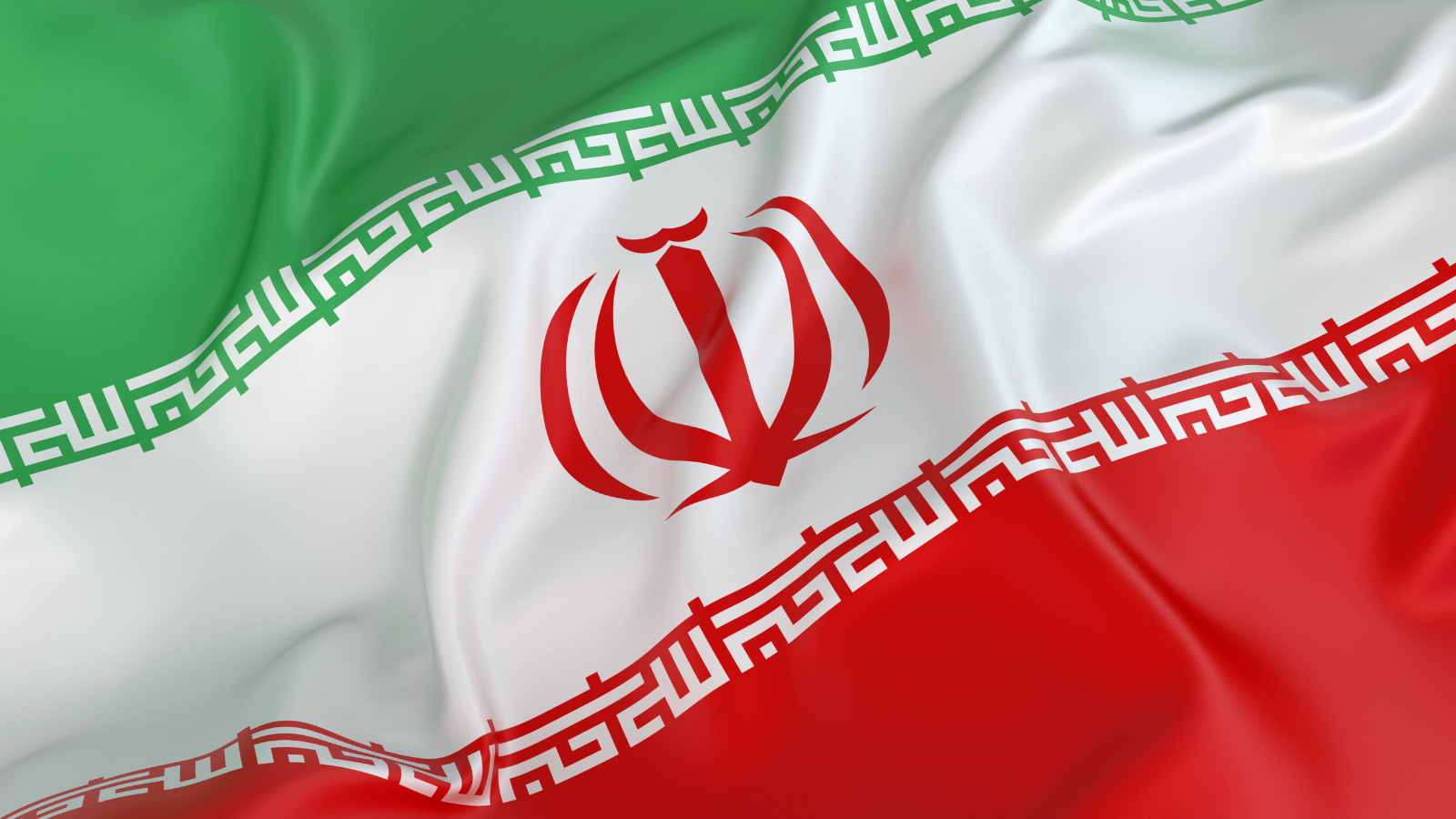The seas are critical transportation and merchant activity areas that affect states’ defense, security, and foreign policy. However, Türkiye’s International Relations community and foreign policy decision-makers have not sufficiently grasped the importance of the seas. This brief assessment will attempt to draw a panorama of the lack of interest in the seas in Türkiye.
Maritime Security for Global Security
At the May 2025 meeting, United Nations Secretary-General António Guterres called the Security Council for greater respect for international law, saying that ‘without maritime security, there can be no global security.’ In these remarks, he cited Houthi attacks on merchant ships in the Red Sea, trafficking in human beings in the Gulf of Aden and the Mediterranean, and numerous crimes in the Gulf of Guinea as examples of maritime security as a prerequisite for global security. Indeed, confirming what Guterres said, according to data from the International Maritime Bureau, there have been many attempts and incidents of violence at sea since the beginning of 2025. In addition to military threats, the waters, where geopolitical risks are intensifying, are already facing threats ranging from uncontrolled violence such as banditry and armed robbery to organized crime, irregular migration, climate change, maritime accidents, cyber threats, marine pollution, and illegal fishing. In fact, due to the transboundary nature of these problems, maritime security is one of the key areas of international security that provides a common ground for cooperation. Considering that nearly 90% of global trade is conducted via maritime routes, ensuring the safety of these channels is vital for economic stability and prosperity. Therefore, the failure of global maritime security can threaten navigation safety, the marine environment’s ecological balance, energy supply chains, food security, and international production and distribution.
Despite the importance of the seas, the international community and politics have so far paid insufficient attention to maritime issues. The failure of states, societies, and academia to recognize the seas’ political, strategic, economic, and security significance is metaphorically described as “sea blindness.” States and many international organizations have not prioritized investment in maritime security and cooperation mechanisms in global security, which is evidence of sea blindness. As the invisibility of the seas in times of peace deepens in terms of state defense, policymakers and decision-makers have systematically neglected the value of the waters by cutting naval spending. Yet historically speaking, the seas have determined the fate of wars; they have built or destroyed empires. The sea has critically shaped world history as a geographical and civilizational expanse.
Time to Put Maritime Security on the Agenda in Türkiye
The lack of interest in the seas in international politics also applies to Türkiye. International Relations scholars in Türkiye have primarily focused on terrestrial analyses and have neglected the role of the seas unless recent studies are considered. In Türkiye, maritime awareness has not been sufficiently widespread among decision-makers and academia. While the discourse of “seafaring nation, seafaring country” has remained chiefly in rhetoric, the institutional and mental infrastructure to form the scientific foundations of this discourse has not been established. In most universities in Türkiye, maritime-related departments and research centers are limited. The number of academics working in the fields of maritime history, maritime law, maritime strategy, or maritime security is low. Although individual theses, efforts, and academic publications are trying to find a direction, a holistic paradigm has not yet been built. For these reasons, technical knowledge and skills, have not yet been sufficiently grasped.
With a total coastal length of 8592 km, excluding islands, Türkiye’s maritime security problems are multidimensional due to its geographical location and geopolitical tensions. Surrounded by seas on three sides, Türkiye’s maritime security problems revolve around the sharing of marine jurisdiction areas, particularly in the Aegean Sea and the Eastern Mediterranean, access to energy resources, irregular migration, disputes over international maritime law, and the Cyprus problem. Chronic issues with Greece, such as territorial waters, continental shelf, and island demilitarization, remain unresolved in the Aegean. At the same time, in the Eastern Mediterranean, regional and international tensions continue in the framework of the Exclusive Economic Zone (EEZ) declaration around hydrocarbon resources, energy exploration activities, and the Cyprus issue. On the other hand, with the outbreak of the Russia-Ukraine war, the Black Sea has become a much more complex and unpredictable security environment with sea mines, risks to the safety of commercial navigation, and increased military mobility. In addition, Türkiye faces multidimensional problems stemming from activities such as irregular migration, environmental issues, and illegal fishing. Although the Turkish merchant fleet has grown significantly, it still has a long way to go to overcome structural problems in port infrastructures and shipyards and achieve efficiency in global maritime competition.
In recent years, Türkiye has adopted a more proactive maritime foreign policy, particularly through the MİLGEM (National Ship Project) and MİLDEN (National Submarine Project), which reflect advances in domestic production, technological innovation, and export capabilities. In addition to the Ada-class corvettes and İstif-class frigates, key developments such as the TCG Anadolu (LHD), the ATMACA missile, and the ULAQ SİDA (Armed Unmanned Naval Vehicle) indicate that Türkiye has taken concrete steps in enhancing its naval defense capabilities. Although Türkiye has invested in military maritime power with the Blue Homeland doctrine, there is a need for Türkiye to develop a more comprehensive maritime policy than this well-intentioned initiative. Instead of reactive, limited, politically and only militarily oriented responses, Türkiye needs to create a holistic maritime security strategy that covers different maritime security sectors and considers regional and global balances. Research centers, institutes, and chairs for maritime studies should be established in Türkiye to eliminate the threats mentioned above and develop maritime studies. At the same time, existing structures should be opened to interdisciplinary cooperation. If maritime is considered a strategic field, just like the defense industry, and scientific production is encouraged in this direction, sea blindness in Türkiye can be eliminated. Ultimately, those studying International Relations in Türkiye and conducting research in this discipline can no longer afford to ignore this field. It is time to make the sea one of the subjects of the discipline of International Relations, with studies that cover its merchant and scientific dimensions as well as its defense and security perspectives.








